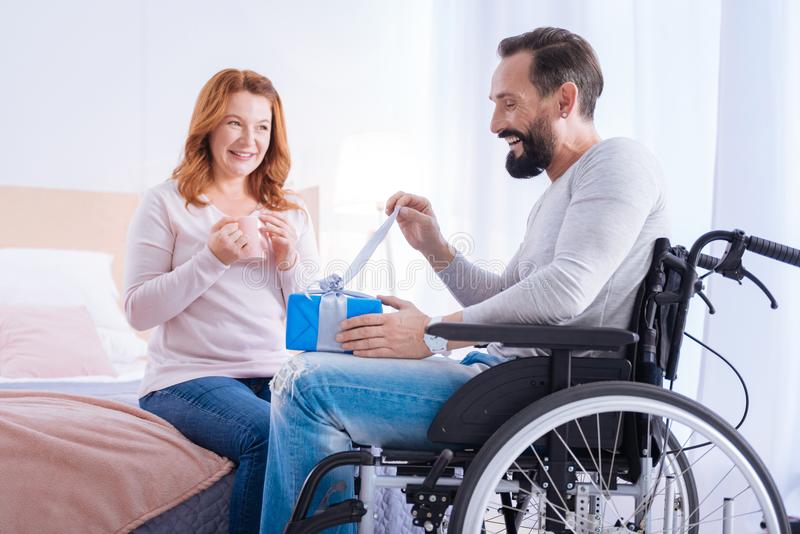Aging, diseases, disorders, and accidents are already difficult to deal with. When one of your loved ones becomes immobile as a result of one of those hard issues, it can wreak havoc on everyone’s life. Your family member struggles with mental health issues as they come to terms with their new way of life, often struggling with the dependency it creates. The family members caring for that person also struggle with a new schedule and plenty of clashes as everyone tries to adjust. If your family is going to have to adjust for a now-immobile loved one, take a look at a few of these tips to help make the transition a bit easier.
Make It Easier to Get Around
The one thing an immobile person will not want is to be confined to a bed in a room that is outfitted with everything in reach. If someone is terminal and requires to be confined to a bed, that is a different story. In many cases, they are encouraged to find small ways to be independent and that includes finding a way to get around. An electric wheelchair is a perfect option to give them a bit of freedom to move around. This will also mean you will need to install a handicap ramp at home and widen some doorways to accommodate for the new device. You will also need to review the vehicle situation. A large van or truck may be fine for transporting the chair but if you don’t have that, a handicap van is going to be needed.
Make Things Accessible
Another way to help the immobile is by making things accessible for them so that they have a bit of freedom and you won’t have to tend to every single need. This may include a remodel of the bathroom with bars near the toilet and in the showers. You may have to adjust the bedroom they use so that they can move around and be able to reach things that they need to use. Even a kitchen remodel to have outlets that lower and cabinets that are easy to reach with all the supplies they will need. It may even include finding a way to lower the stove so that they can cook meals with ease.
Bring Therapy to Them
There are several options to consider when employing the use of a therapist to visit and help care for your loved one. An occupational therapist is a good option for the aging parent who can not do much for themselves. A massage therapist is great for any age and can keep from other health issues arising from the immobility issue. Don’t forget to bring in the family therapist. They can help you all work through the transition, help problem solve effectively, and strengthen your relationships with one another. Many patients will fight this one tooth and nail because of the stigma that still haunts mental health. It is a good thing to use and you should stand your ground on it. We want to make sure they feel safe and secure through the changes and be able to vocalize how they feel about the new world around them.
The one point to remember that when a loved one becomes immobile, it has a huge impact on everyone’s life. It takes time to transition and a good plan to make it all work. As the caregiver, don’t forget to employ friends and other family members to help with errands and to do some basic tasks. You are not a superhero and you don’t have to do it all alone.

